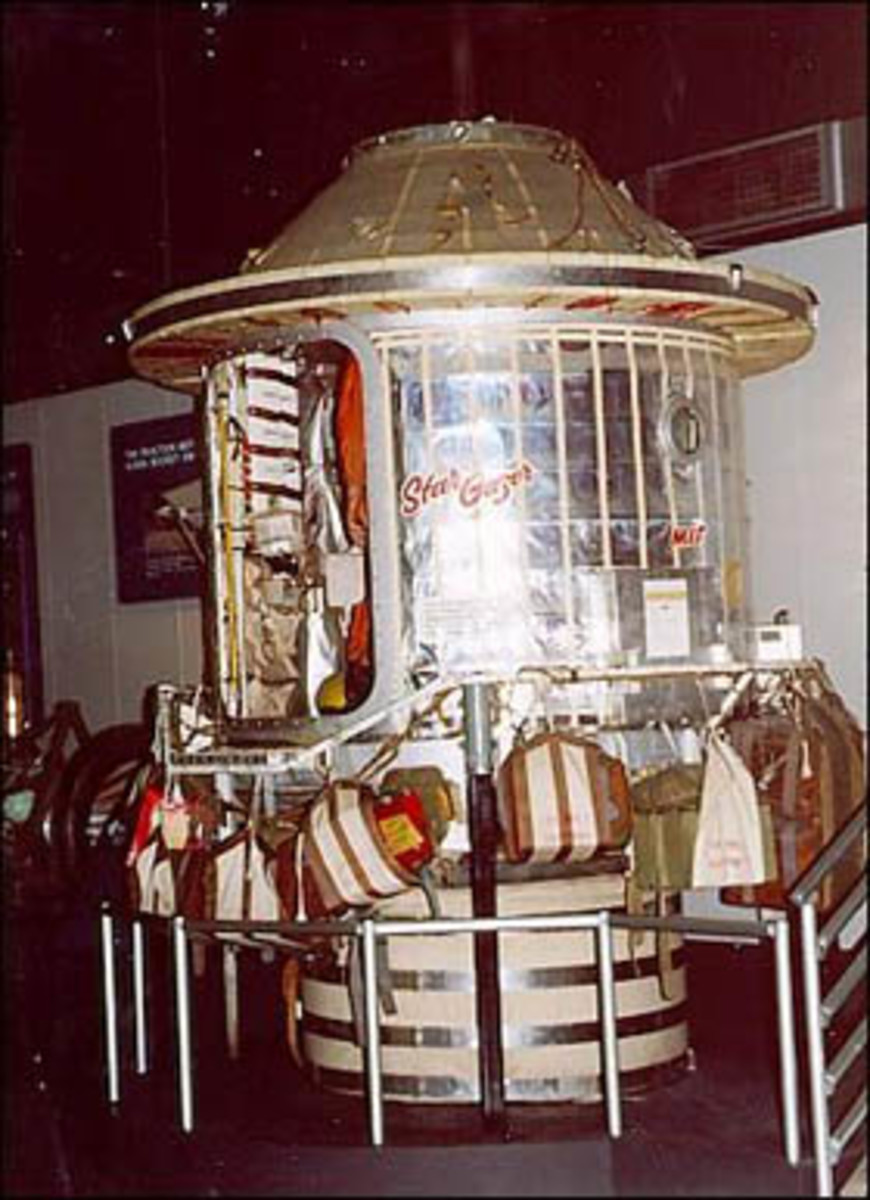- HubPages»
- Books, Literature, and Writing»
- Books & Novels»
- Books for Teens & Young Adults
Sci Fi vs. Horror

Often it is hard to distinguish what is passed off as science fiction from horror movies. The classic example of this is "Alien." Was "Alien" a science fiction film or was it a horror film? I thought it would be interesting to disect some of the basic elements to gain a better grasp.
In my opinion, there have really been very few true science fiction films brought to the screen. The rest (or the majority) are horror films set in a kind of sci fi atmosphere.
Let's begin with "Alien" -- considered a classic by many. I place this in the horror genre because the science is weak and the horror elements predominate.
Horror films almost REQUIRE one or more of the following elements:
- Slime
- Some kind of monster
- People being killed with graphic violence (lots of blood and gore)
- Flys or other assorted insects
- A supernatural element
- Sounds in space
By this simple list of criteria, we can easily classify "Alien" as a horror film, as it employs slime, a monster, and people being killed off in a graphically, bloody manner. The tag line, "No one in space can hear you scream," is a good giveaway. The same would hold true for all the follow-on films -- even up to "Prometheus."

The same holds true for the "Predator" franchise -- not so much slime, but we've got the monster and the bloody end of almost all the protagonists. Aliens vs. Predators just give us a double whammy of horror.

True science fiction films are few and far between. The best was of course "2001: A Space Odyssey," but we've seen a few others (not of this caliber but befitting the title, such as "Dark City," "Interstellar," "The Martian," "Close Encounters of the Third Kind," "Contact" etc." Franchises like "Star Trek" barely qualify because of the "sounds in space" criteria and because the crew often never uses space suits while visiting unknown planets.
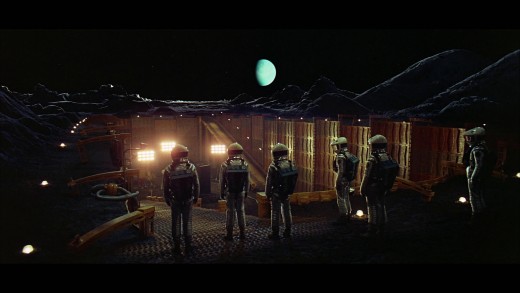
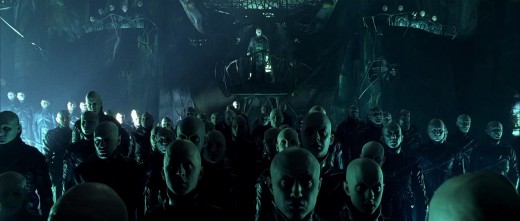


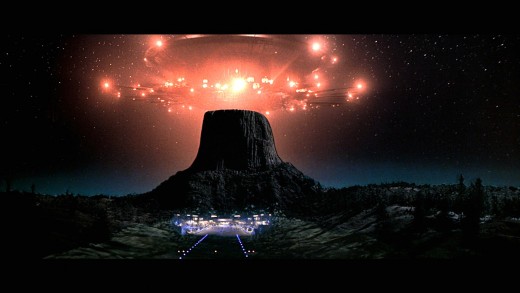

So whether the story takes place on Earth or in outer space makes no difference. "War of the Worlds" takes place on Earth, but we don't witness flys swarming into or out of anyone's mouth. Nor does it stoop to any of the other criteria that would classify it as a horror picture. I think making a horror film is much, much easier than making a good science fiction film. To make a good science fiction film, you have to stay somewhere near known physics and dispense with the easily commercial aspects of a shocking horror movie. That's not really easy to do because most people are not really that excited about science or what it has to offer. Oftentimes, an audience will just become befuddled with a science fiction film and walk away feeling ... I don't know what ... inadequate?
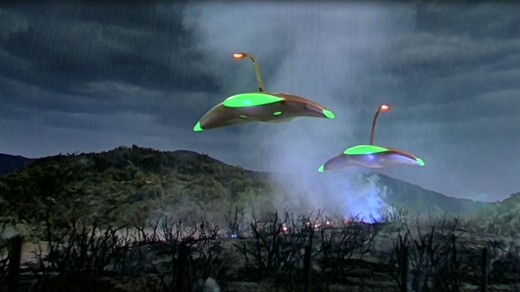
There is a third classification -- one that I think Harlan Ellison coined, and that is Speculative Science Fiction. A good example of this is Ray Bradbury's "Farenheit 451." It doesn't contain much science but it speculates on a fictional future that doesn't sink into the horror genre. Another example is Ellison's "A Boy and His Dog." There isn't much science here either but it presents a dystopian future without resorting to the horror genere. Another example would be "Dune." It has a distinct sci fi tone but is really speculative fiction, as there is really very little that grounds the story in our existing physics.



All of the above-mentioned are viable in their own way, but it may be necessary to make a distinction between sci fi, horror, and speculative fiction. We can enjoy all of these genres, but let's all be clear about where each type belongs. And don't get confused with fantasy-type films such as "Lord of the Rings." Such films may contain slime, monsters, supernatural elements, even people being killed on a wholesale level, but the trilogy is not a horror movie -- they are purely fantasy.

I think all the comic book superhero stuff, such as "The Avengers," would also fit into the pure fantasy category. They may contain a lot of sci fi/horror elements, but are set apart by a distinct separation at the supernatural level. Even such films as "Thor" or "Doctor Strange," which border of the mystic or magical are still grounded in basically the fantasy realm. They have much more in common with "Lord of the Rings," than movies such as "Contact." Movies such as "Lord of the Rings" rely heavily upon magic. This sets it apart from it being either sci fi or horror or speculative fiction. The same can be said for the comic book hero films. They borrow elements from sci fi and horror (at times) but are purely fantasy.

I hope this brings some minor clarification to the different genres of which we are being bombarded.





